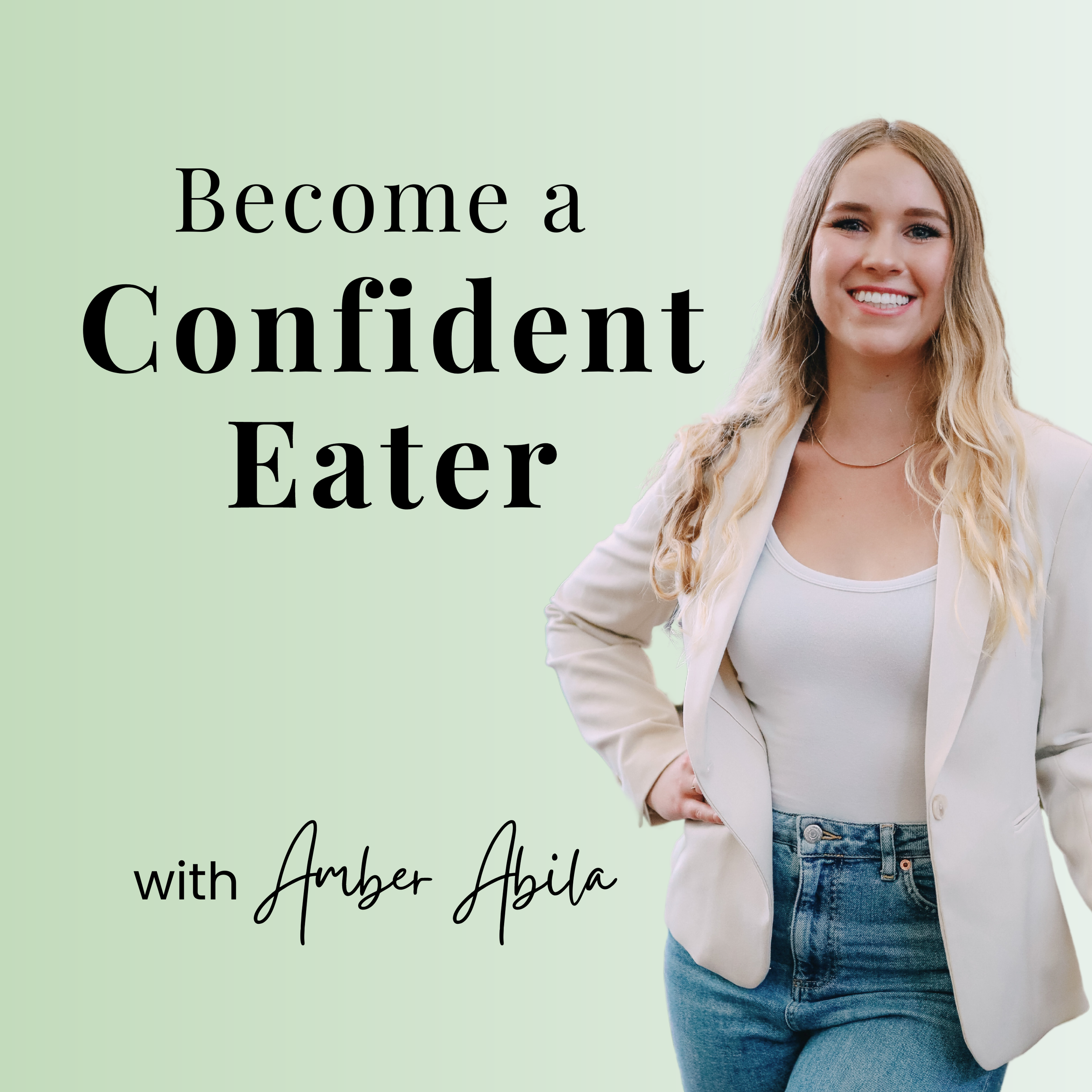Ep 68- Exposing Secrets of the Beauty Industry- with Confidence Coach Elyse Conroy
May 29, 2025
What if everything you’ve been taught about beauty, confidence, and feeling good in your body was a lie?
Today I’m joined by confidence coach and career advocate Elyse Conroy—who spent nearly 20 years behind the scenes of the beauty industry.
Elyse shares how her mission to help women feel beautiful was hijacked by corporate agendas and what she discovered when she finally turned inward.
We talk about:
Why confidence has nothing to do with weight, makeup, or clothes
How beauty brands profit from your insecurities
The difference between true self-love and performative confidence
Her 55-pound weight loss and how she finally broke free from binge eating
How to stop attaching your self-worth to your appearance
The “Confidence Trifecta” and how to use it to level up your confidence today
From Avon Samples to Boardroom Secrets
Elyse grew up bullied and turned to makeup for comfort. She used to dig into her mom’s Avon drawer, put on fuchsia lipstick, and feel amazing—until she washed it off and felt terrible again. She believed beauty products were the way to help women feel confident.
She entered the beauty industry to do just that, but her mission was hijacked by corporate agendas. After nearly 20 years, she saw how the industry profits off women’s insecurities.
“We would sit around boardroom tables and have discussions about how to monetize women's insecurities.”
That was her breaking point.
Confidence Has Nothing To Do With Your Appearance
We talked about how so many of us think confidence comes from losing weight, putting on makeup, or wearing the right clothes. But it doesn’t.
Elyse said it best:
“If we were taught to love ourselves at our current weight, with our exact face, these billion dollar industries would go out of business overnight.”
It’s not just makeup. It’s how every ad is timed and targeted to hit you when you're most vulnerable—like after you delete a selfie or binge eat. That’s not a coincidence. That’s strategy.
Behind the Curtain of Beauty Marketing
Elyse shared insider details that would surprise most people. Influencers get paid tens of thousands to casually mention a product—and even more to bash competitors. Retouching is standard, and many of the beauty icons we see don’t even look like that in real life.
“I worked with insanely famous people and they did not look like that in person.”
We’re comparing ourselves to images that aren’t real. No wonder we feel like we’ll never measure up.
When Does Confidence Become Performative?
We dove into the difference between using makeup or losing weight because you enjoy it versus using it to cover up feelings of unworthiness.
“You can love makeup. But if you took it all away, could you still feel good about yourself?”
That’s the real test. Elyse shared how she had to slowly strip away the layers—literally—until she could go out in public bare-faced and still feel enough.
The same goes for body image. Losing weight should never be a prerequisite for confidence.
Rewriting Her Own Story and Losing 55 Pounds
After years of all-or-nothing dieting and bingeing, Elyse hit a turning point. She was flying first class, had reached the height of her career, but couldn’t fit into her airplane seat. That moment sparked change.
Instead of punishment or shame, she got honest about what healthy really looked like for her—mentally and physically.
“If I get my mind right, my body will follow.”
She committed to 10 minutes of movement a day. She let go of timelines and perfection. And eventually, she lost 55 pounds without ever feeling restricted.
How Her Confidence Actually Changed
Elyse didn’t just lose weight. She changed her inner dialogue. She stopped berating herself for messing up and started saying:
“Hey. I don’t do that anymore.”
That shift—from self-criticism to self-compassion—made the real difference.
She no longer uses food or makeup to escape. She uses them as tools to nourish and express herself.
The Confidence Trifecta
Elyse defines real confidence as magnetic energy. The kind you don’t have to talk about—people just feel it.
But it’s not constant. Everyone has moments of self-doubt. The goal isn’t to never feel insecure. It’s learning how to come back to your confident self when those moments hit.
“We all feel fear. We all feel self-doubt. It’s part of the human experience.”
Final Thoughts
This episode is a powerful reminder that confidence isn’t found in a jar, on a scale, or in someone else’s approval. It’s something you create through mindset, intention, and rewiring years of false conditioning.
So the next time you look in the mirror and think you’re not enough, ask yourself—whose standard am I trying to meet? And what do I want my beauty standard to be?
If you’re ready to start breaking free from the cycle and take your power back, I’ve created something to support you in those exact moments when things feel hardest. Grab my guided audio: Stop a Binge Before It Starts. It is designed to help you rewire your brain, feel calm and in control around food, eliminate urges, and become a natural eater.
